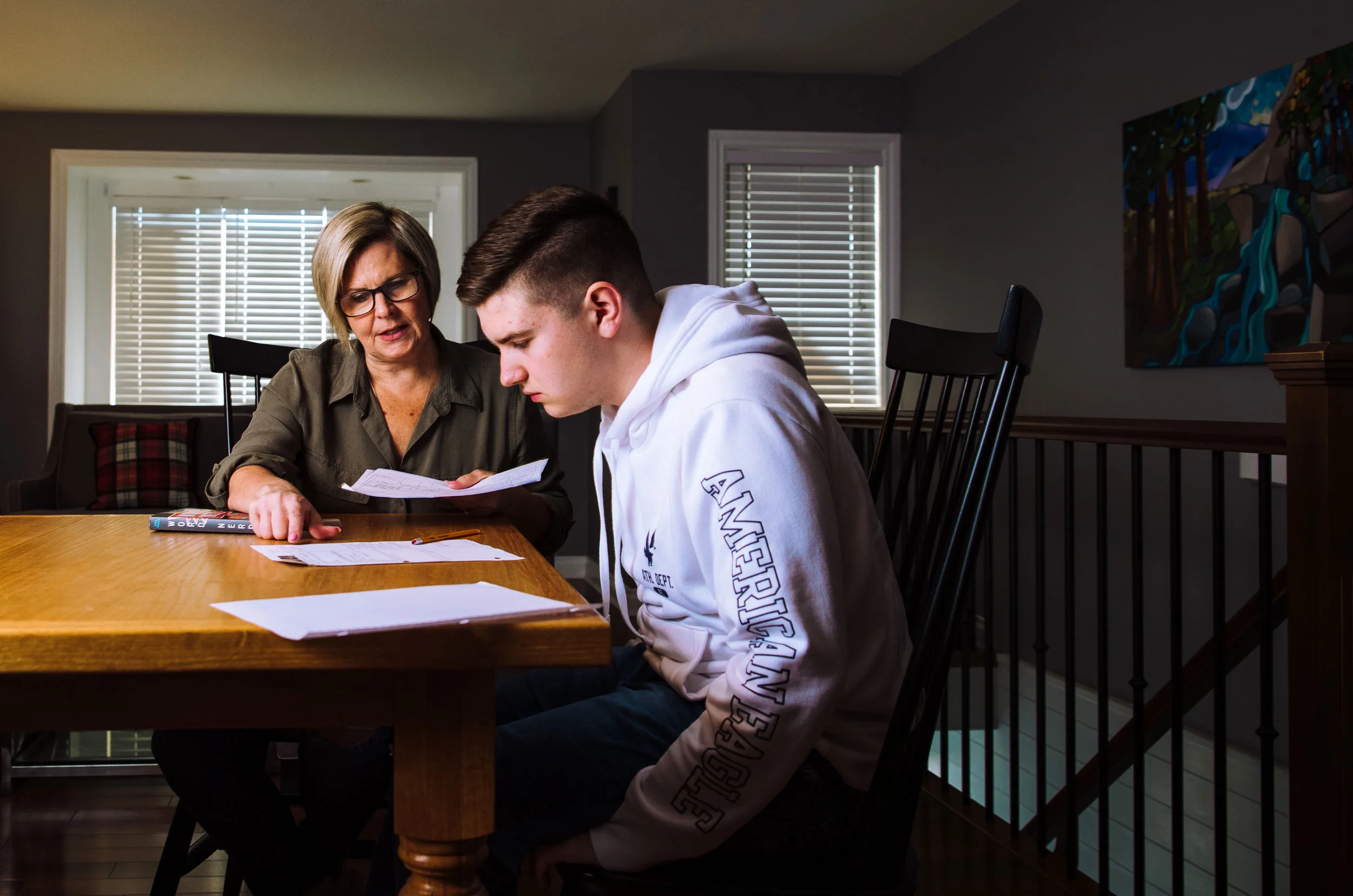

In this article we want to give parents some tips and tools to address the immediate issue and to promote open and honest communication between home and school for the long term.
“Countries recognize that people with disabilities have a right to an education. In order to realize this right without discrimination, countries agree to ensure the availability of an inclusive education system at all levels, as well as access to life-long learning. This means ensuring access to the general education system and the provision of supports and accommodations within the general education system.”
All students should have equitable access to learning, opportunities for achievement, and the pursuit of excellence in all aspects of their educational programs. Special Education Services: A Manual of Policies, Procedures and Guidelines.
“Student with special needs:” A student who has a disability of an intellectual, physical, sensory, emotional or behavioural nature, has a learning disability or has special gifts or talents, as defined the in the Manual of Policies, Procedures, and Guidelines, Section E.
All school districts receive a basic allocation of funding per student (including students with disabilities) registered in the school district from the Ministry of Education. In addition, a district is provided supplementary funding based up the needs of students within their district. In order to qualify such students must have been appropriately assessed and have an Individual Education Plan (IEP).
*Please be aware that these funds are not attached to a specific student but are provided to school districts to support the needs of students within the district. Most districts in BC spend more on these programs than they receive, such as speech/language support, occupational support, behaviour support, etc.
Should you be inclined to read legislation here are a few things to keep in mind about the Language of Policy:
By the way, an IEP is not a legal contract in BC therefore does not require any signatures. The principal, however is responsible for ensuring that the IEP is implemented.
It is important to know that there is a process to resolve concerns at school. If you skip a step, you will be sent back down the ladder.
The teacher is usually the first person you should approach with a concern. Remember the teacher is ultimately responsible for the education of every student in his/her classroom. However, if your child is not yet attending school or is there for reduced hours then you probably need to go directly to the school principal.
Section 11(2) of the School Act says:
If a decision of an employee of a board significantly affects the education, health or safety of a student, the parent of the student or the student may, within reasonable time from the date that the parent or student was informed of the decision, appeal that decision to the board.
A School District appeal is only an option when all of the previous steps have been exhausted. All school districts are required to have an appeal policy and process in place.
Appeals can only be made to a Superintendent of Appeals if a decision of an employee of a board significantly affects the education, health or safety of a student AND the matter relates to:
Pick your battles and try to reserve your energy for the many opportunities that may lie ahead. With each achievement, no matter how small, congratulate yourself for a job well done and celebrate!
Inclusion BC is dedicated to supporting inclusive education and is available to provide advocacy when needed.
If you need assistance with your advocacy, please contact our Community Inclusion Advocacy Team at advocacy@inclusionbc.org or by phone at 1-844-488-4321
We are continuously seeking to hear from families regarding their experiences. Please let us know when things are going well!
The 2012 Supreme Court Decision Moore v. British Columbia states that:
A helpful summary has been prepared by the Learning Disabilities Association of BC
Another important case was Hewko v. British Columbia, 2006 BCSC1638 and was a partial victory claiming:
“the District is required to consult with parents regarding the student’s education program AND the Court also ruled that reasonable accommodation was part of the duty to consult.
Share this with your network:


Our approach to advocacy is guided by the United Nations Convention on the Rights of People with Disabilities, which recognizes the full citizenship and human rights of people with intellectual and developmental disabilities. Kerridan Dougan, Advocate
Together, we can break down barriers and create an inclusive world for people with intellectual and developmental disabilities.
Inclusion BC acknowledges that our head office is located in the traditional, ancestral, and unceded territory of the QayQayt First Nation, and that our staff and board members live and work in the territories of Indigenous Nations across the province. We acknowledge the First Nations, Métis, Inuit, and Urban Indigenous people who live throughout the province.
We recognize and support the inherent Indigenous rights and titles throughout the province of British Columbia, the implementation of the UN Declaration on the Rights of Indigenous Peoples, the 94 Calls to Action by the Truth and Reconciliation Commission, and the B.C. Declaration of the Rights of Indigenous Peoples Act.